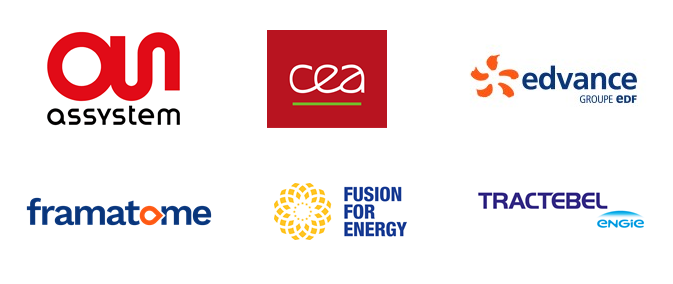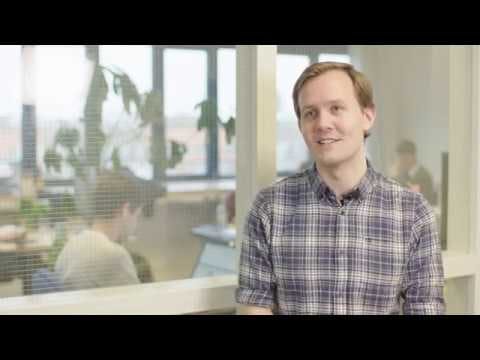The programme
A new generation of advanced nuclear technologies offer unparalleled power, speed and scalability to dramatically accelerate the transition to a low or even post-carbon energy landscape. Moreover, energy security has never been more paramount to Europe’s future.
Experts across the globe coincide on the potential of nuclear energy in the fight against climate change. The United Nations Intergovernmental Panel on Climate Change (IPCC) highlights the need for nuclear energy to achieve a rapid decarbonisation. In fact, the four most promising pathways that could limit global warming by 1.5°C by 2050 include nuclear energy!
The need is growing. The possibilities are clear. And they are enormously exciting…
Innovation & Entrepreneurship Journey
The Innovation & Entrepreneurship Journey is a parallel track that you follow during your Master’s programme.
This MBA-level training includes courses and activities that provide students with tools like venture creation, investors pitching, creative thinking, tolerance for ambiguity, application of digital skills (data science, machine learning, blockchain technologies, etc) in the energy sector and more…
Career opportunities
Graduates of this programme work mainly as consultants, data scientists, fluid systems engineers, nuclear engineers, PhDers and research engineers. Some of the most common employers include:


Admission requirements
Would you like to increase your chances of being admitted? Check out the programme specific requirements for the Master’s in Nuclear Energy below.
Contact us
Get in touch with one of our representatives who will answer your questions about our programmes, applications, student life and more:
 : +44 3331 500488
: +44 3331 500488
Or book a 1-1 meeting with our Study Advisors to get support with your application.
Want to chat with our Chinese speaking representatives? Follow us on WeChat.
EIT Label
The EIT Label is a quality seal awarded by the European Institute of Innovation and Technology (EIT) to a KIC educational programme that has been assessed positively by the EIT on the implementation of the EIT Quality Assurance and Learning Enhancement (EIT QALE) system and the application of specific quality criteria with focus on the EIT Overarching Learning Outcomes (EIT OLOs), robust entrepreneurship education, highly integrated, innovative ‘learning-by-doing’ curricula, international mobility and outreach. For more information please check here.




 :
:  :
: